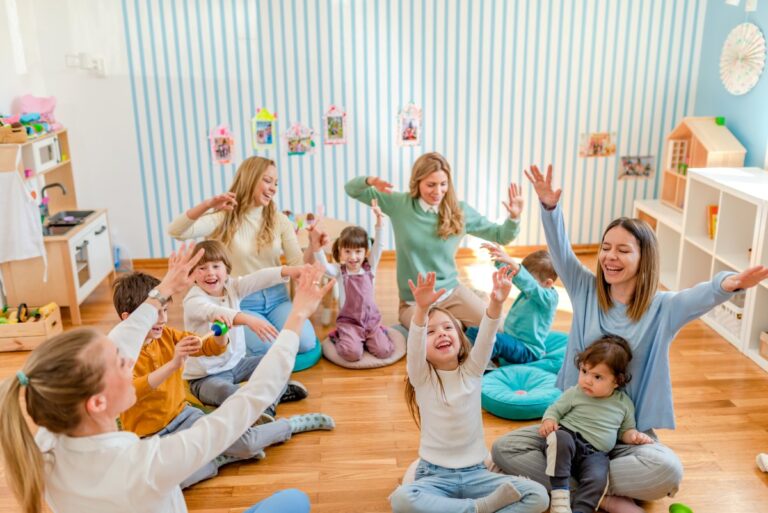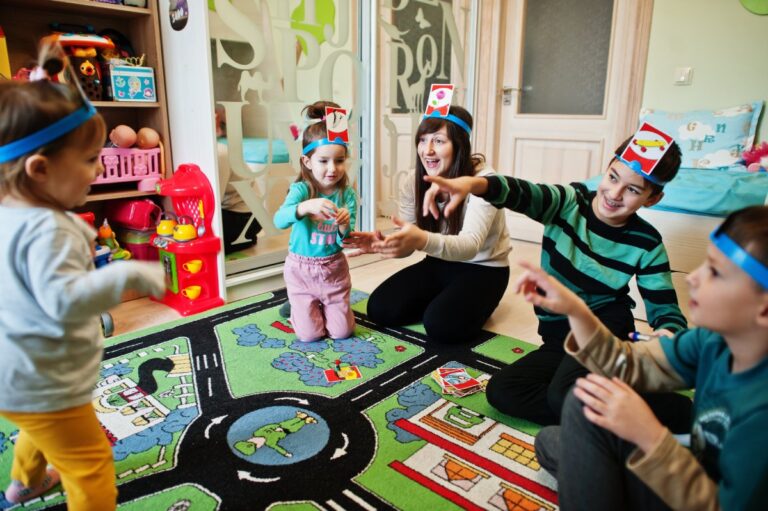Are Schools Educating or Indoctrinating Kids?
What’s happening in our schools? The battle lines are drawn, with heated debates erupting from coast to coast. Here are 20 points that fuel this fiery debate, challenging what children should—and shouldn’t—learn in schools. Where do you stand in this clash of educational ideologies?
1. The Rise Of Unschooling
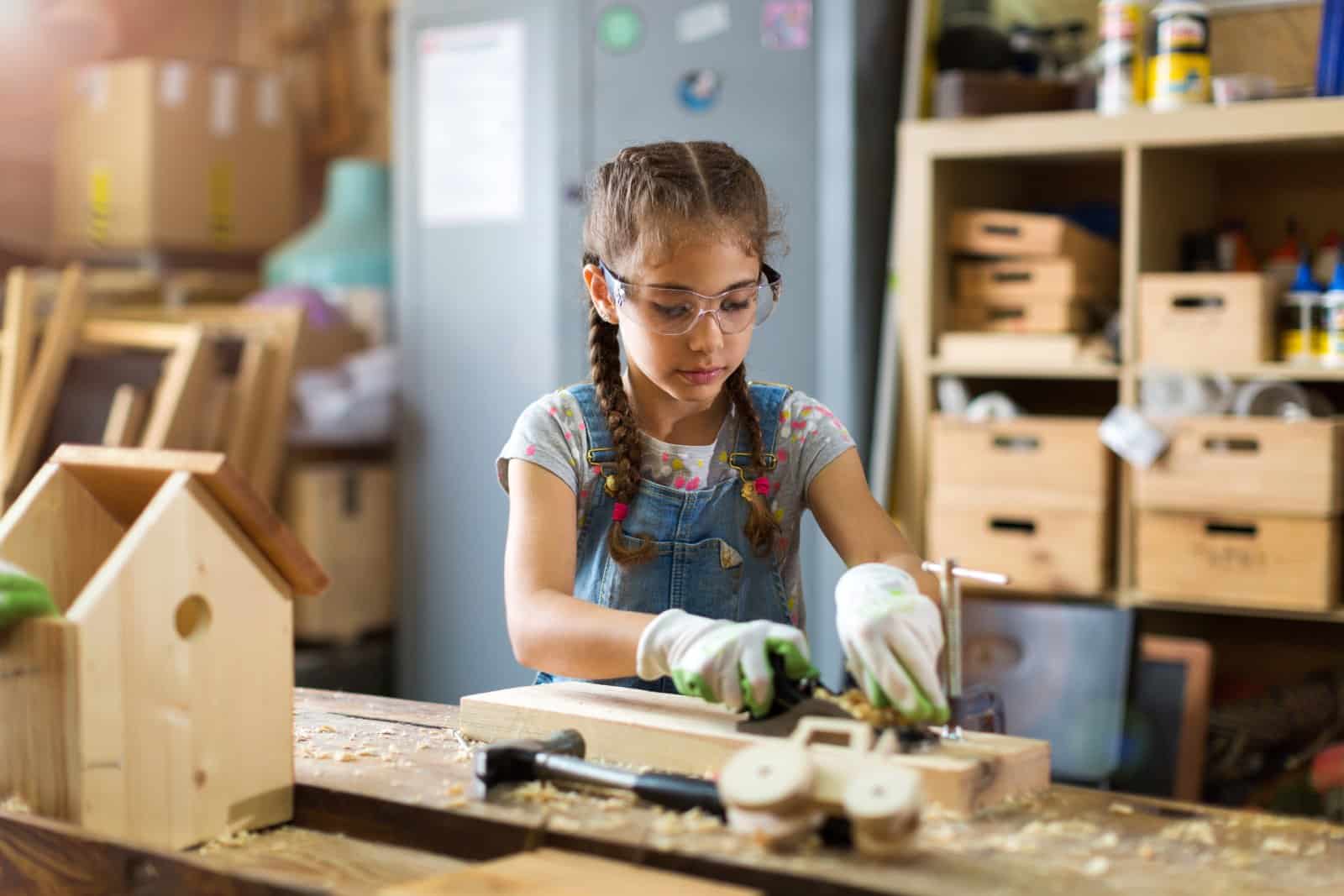
Advocates argue that unschooling, a student-directed learning approach, liberates children from the oppressive structures of traditional schooling. They claim it fosters creativity and independent thinking far better than conventional classrooms.
2. Traditionalists Push Back

In contrast, religious traditionalists argue that without structured education and a curriculum rooted in established values, children lose moral direction and academic rigor.
3. Curriculum Censorship

Some states, influenced by conservative boards, are pushing to ban books and topics they deem inappropriate, claiming protection of children’s innocence and moral fiber.
4. Against Standardized Testing

Unschooling supporters vehemently oppose standardized testing, viewing it as a detrimental pressure that stifles individual growth and creativity in children.
5. Emphasis On Religious Texts

Many religious groups advocate for the inclusion of biblical teachings in school curriculums, believing these texts offer necessary moral guidance that secular schools lack.
6. Science Vs. Creationism

A hot-button issue, with some schools teaching creationism as an alternative to evolution, sparking intense debates about scientific integrity in education.
7. Holistic Development

Unschoolers promote education that prioritizes emotional and psychological development, which they argue is neglected in traditional schooling systems.
8. Sex Education

Traditionalists often fight to keep sex education out of schools, or to limit it to abstinence-only approaches, whereas unschoolers generally support comprehensive sex education based on scientific research and inclusivity.
9. Parental Control

Extreme traditionalists demand more control over what schools teach, insisting that education should align with parental beliefs and values, not diverge from them.
10. Freedom From Curricula

Unschoolers believe that curricula should not exist, that learning should be driven by the child’s interests and real-world experiences rather than predetermined academic standards.
11. History Wars

There is a battle over how much of America’s darker historical moments, such as slavery and the treatment of indigenous peoples, should be taught in schools.
12. Learning Through Play
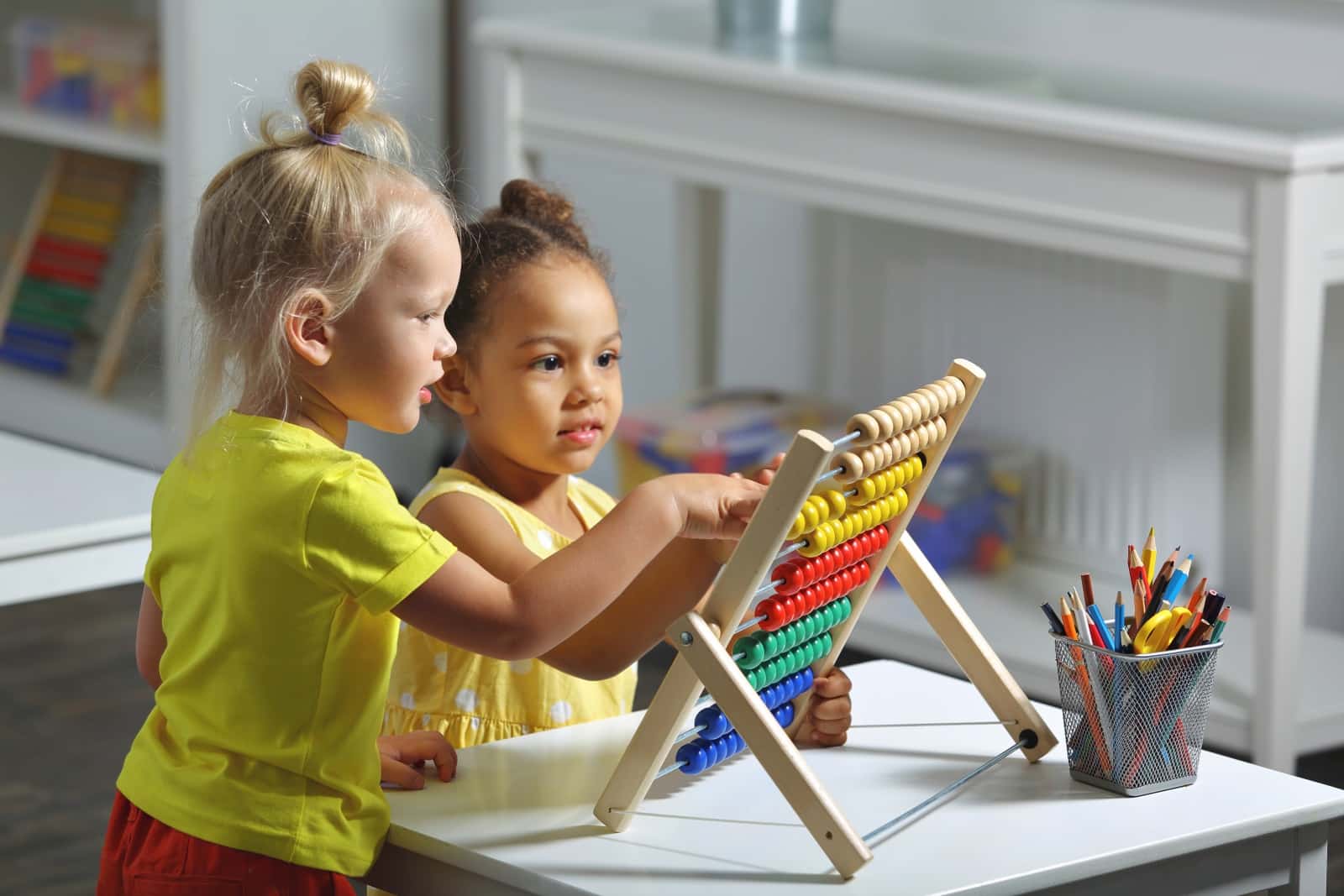
Advocates of unschooling often emphasize learning through play and exploration, arguing that this natural approach is more attuned to children’s developmental needs than traditional schooling.
13. Dress Codes And Discipline
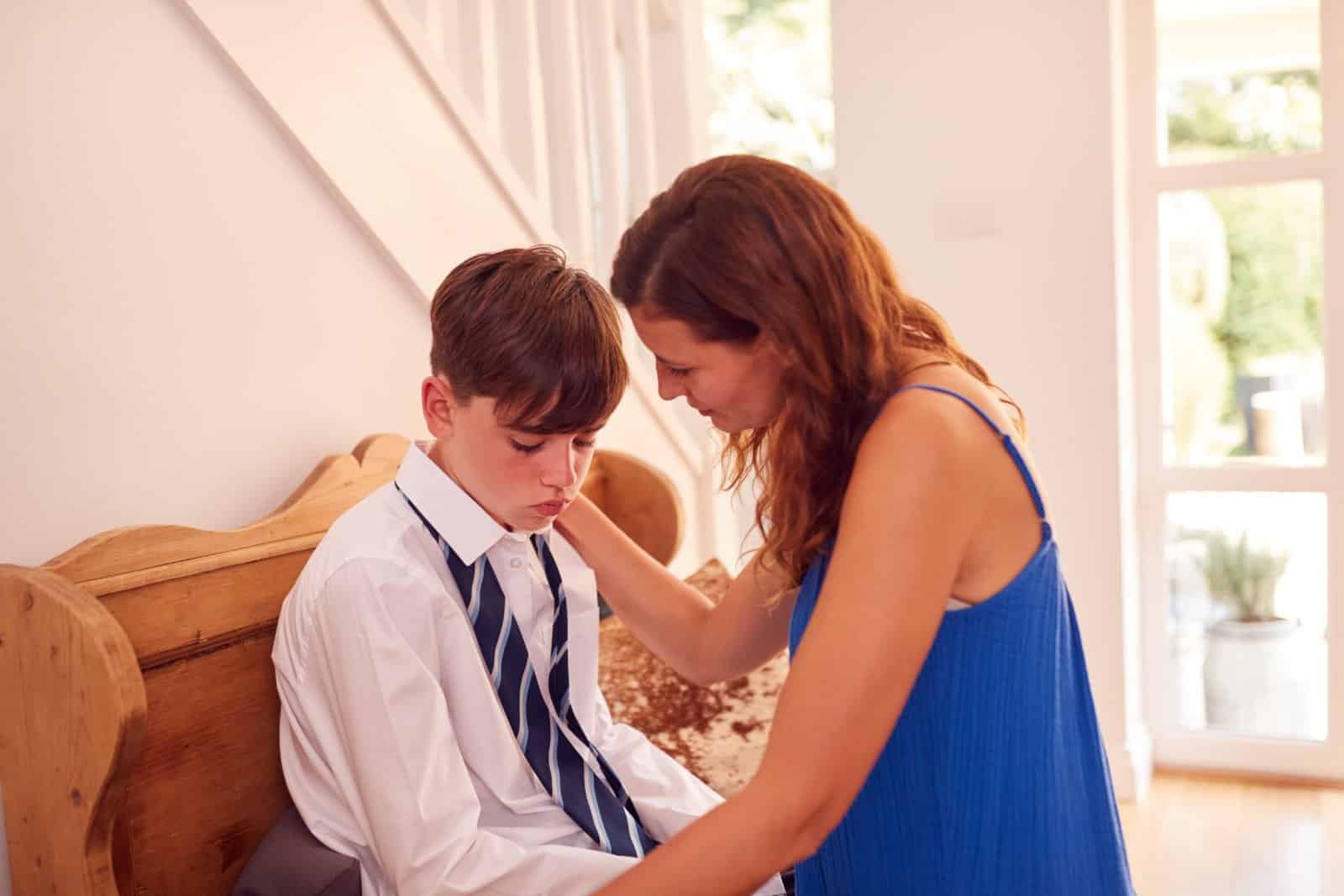
Strict dress codes and disciplinary measures in traditional schools are seen by unschoolers as archaic and as methods that suppress individual expression and identity.
14. Privatization And Vouchers
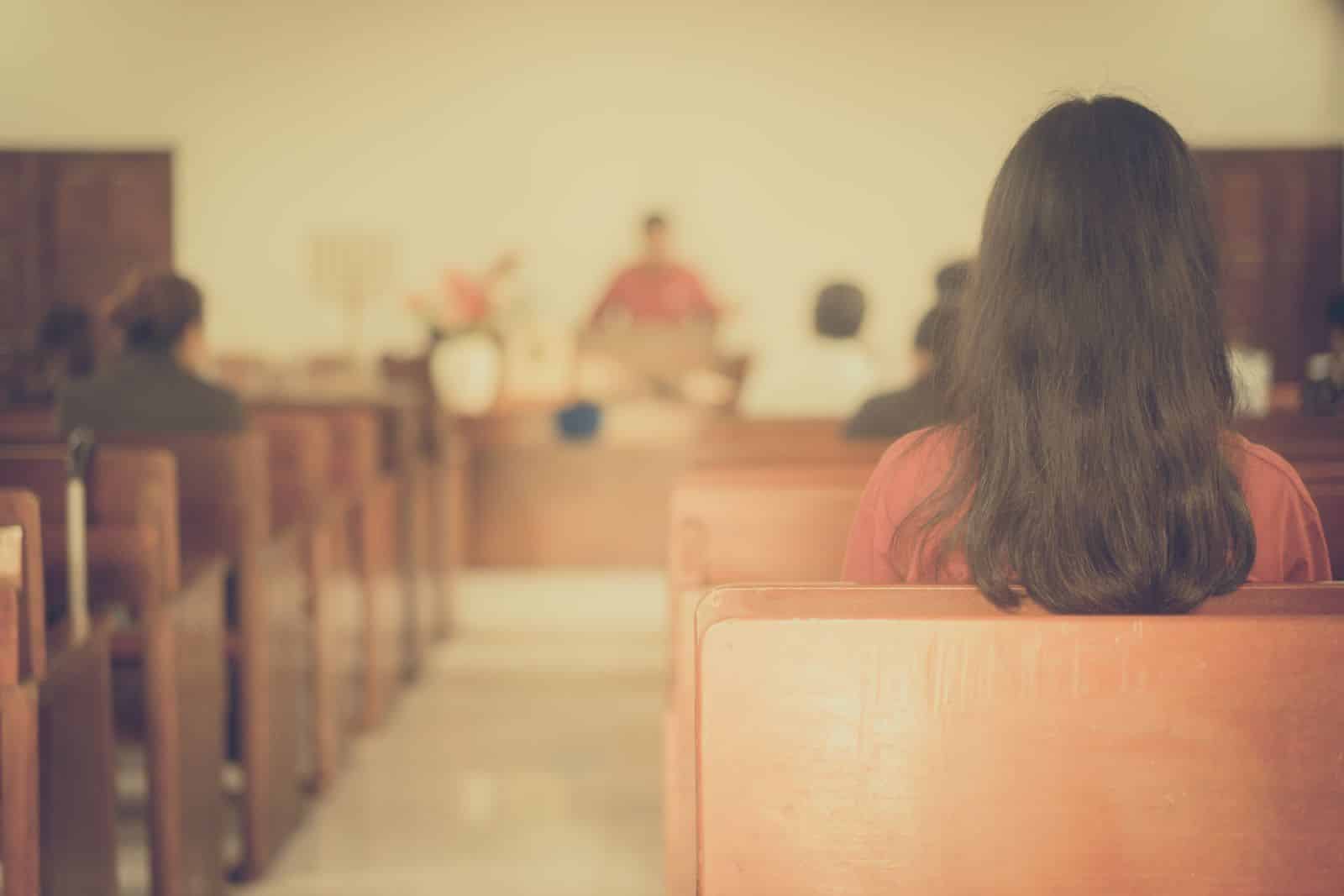
Some traditionalists support the privatization of education and the use of vouchers to attend religious schools, believing this will uphold their values against secular state schooling.
15. LGBTQ+ Rights In Education
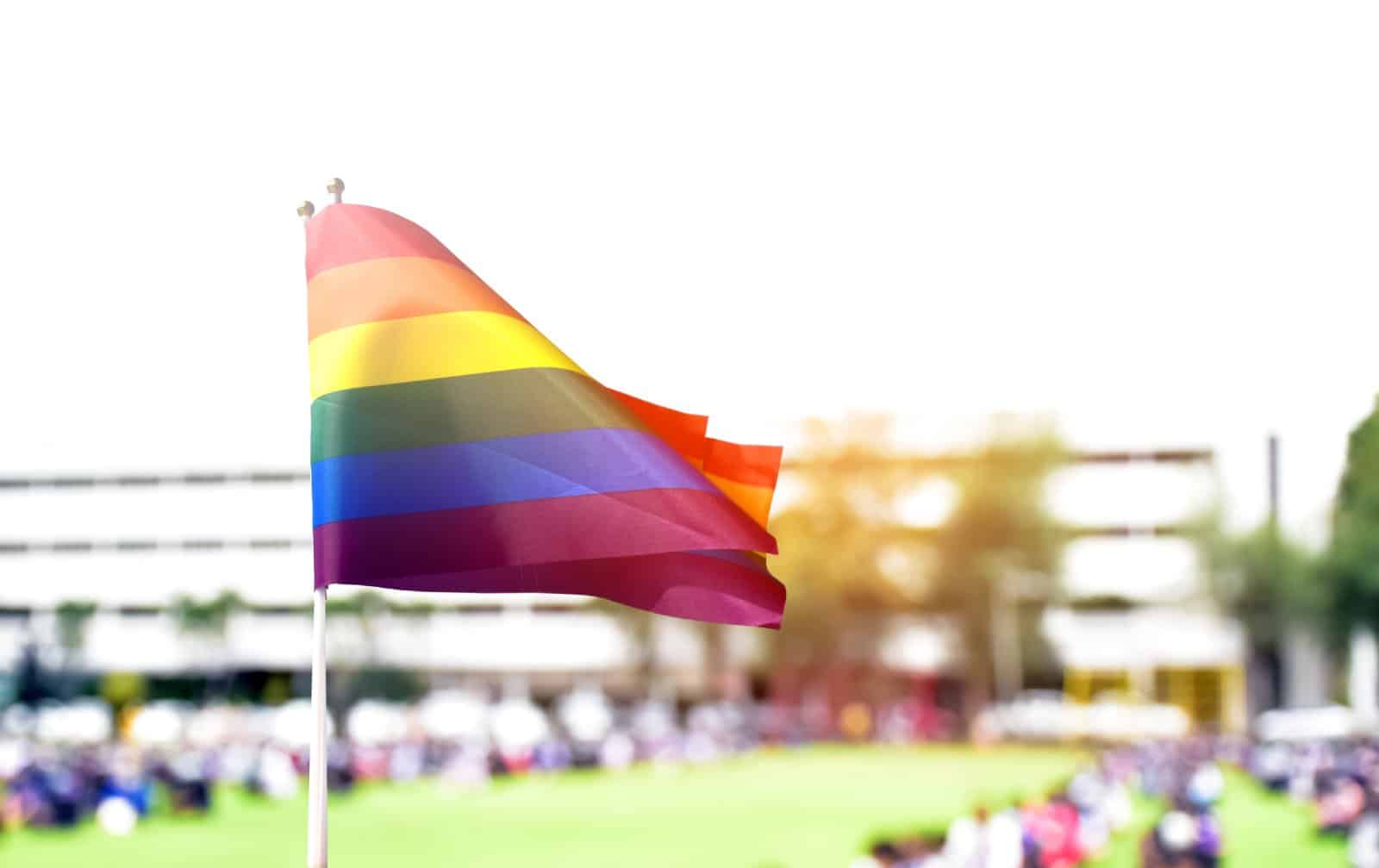
Debates intensify around whether schools should discuss LGBTQ+ topics. Traditionalists often argue against it, while unschoolers advocate for inclusivity and rights education.
16. Role Of Teachers
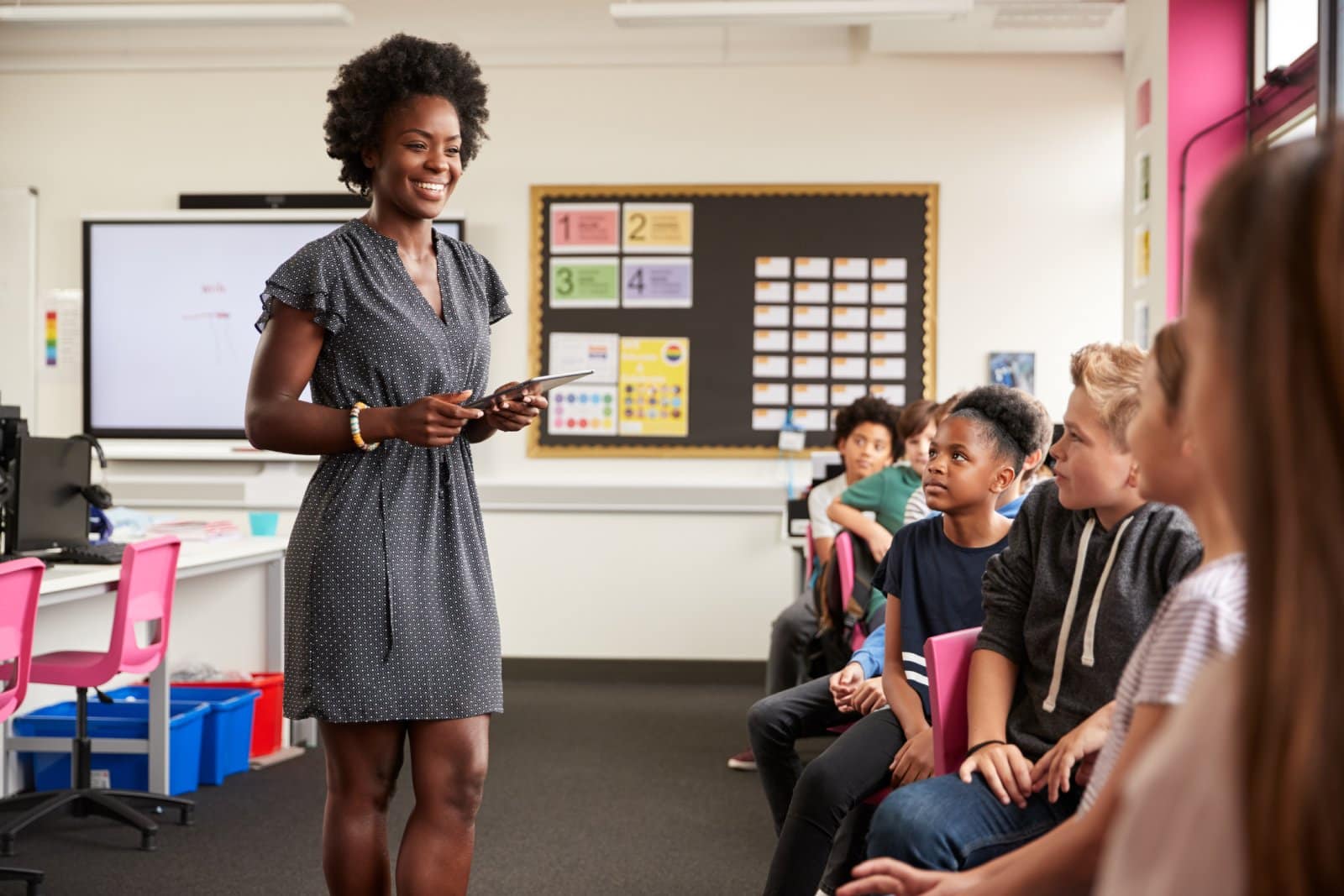
In unschooling, the role of the teacher is that of a facilitator rather than a director, a fundamental shift from traditional teacher-led instruction.
17. Funding For Arts Vs. STEM

There’s a tug-of-war over funding, with traditional settings often favoring STEM over the arts, which unschoolers argue is essential for a well-rounded education.
18. Climate Change Education

How climate change is taught in schools is contentious, with some parents and boards preventing it, claiming it’s a political issue rather than scientific reality.
19. Language Options

While traditional schools often stick to European languages like French and Spanish, unschoolers might explore a broader array, including non-traditional choices like coding languages.
20. Mental Health

Unschoolers emphasize the importance of addressing mental health openly in educational settings, contrasting with more conservative views that might regard such discussions as unnecessary or inappropriate.
Concluding Thoughts

This educational tug-of-war asks us to consider: What is the purpose of education? Is it to mold minds with traditional values or to free them to explore and learn independently? As we witness these debates unfold, it becomes clear that the heart of education—how we prepare our children for the future—is fiercely contested ground.
Toxic Talk: 21 Phrases to Never Say to Your Kids

Are you worried about the impact of your words on your child’s well-being? Let’s tackle 21 phrases that might be causing more harm than you realize. Toxic Talk: 21 Phrases to Never Say to Your Kids
Breaking Ties: Recognizing When It’s Time to Go No-Contact with Parents
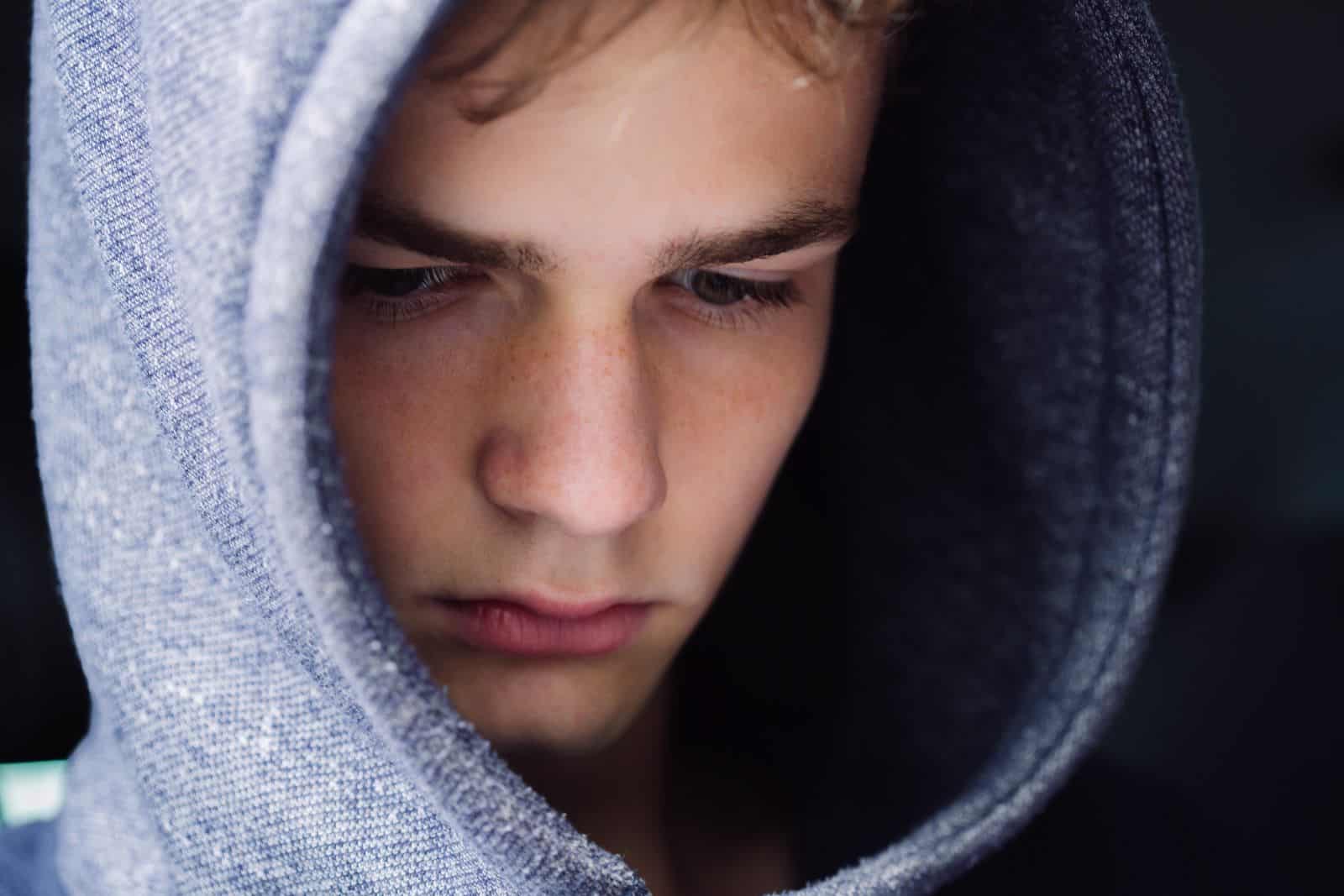
Deciding to go no-contact with a parent is a profound, often painful choice, but sometimes it’s necessary for personal well-being. Are you grappling with the decision to distance yourself from a toxic parental relationship? Breaking Ties: Recognizing When It’s Time to Go No-Contact with Parents
Stop the Stereotypes: 20 Gender-Based Comments Kids Don’t Need

It’s time to challenge traditional narratives that limit kids’ potential. Here are gender-specific phrases and ideas to avoid, fostering a supportive and open-minded environment for the next generation. Stop the Stereotypes: 20 Gender-Based Comments Kids Don’t Need
The post Are Schools Educating or Indoctrinating Kids? first appeared on Peachy Fours.
Featured Image Credit: Shutterstock / Ground Picture.
For transparency, this content was partly developed with AI assistance and carefully curated by an experienced editor to be informative and ensure accuracy.


